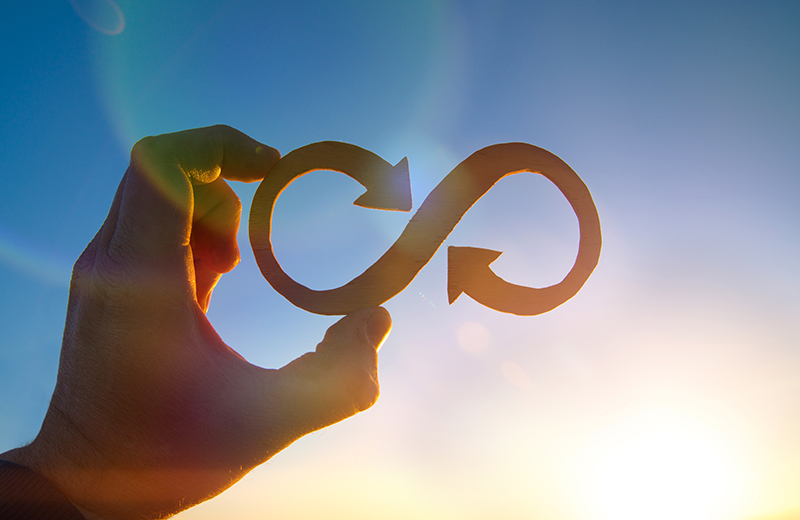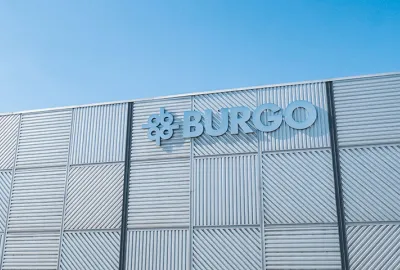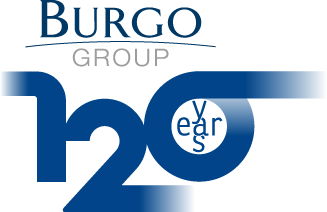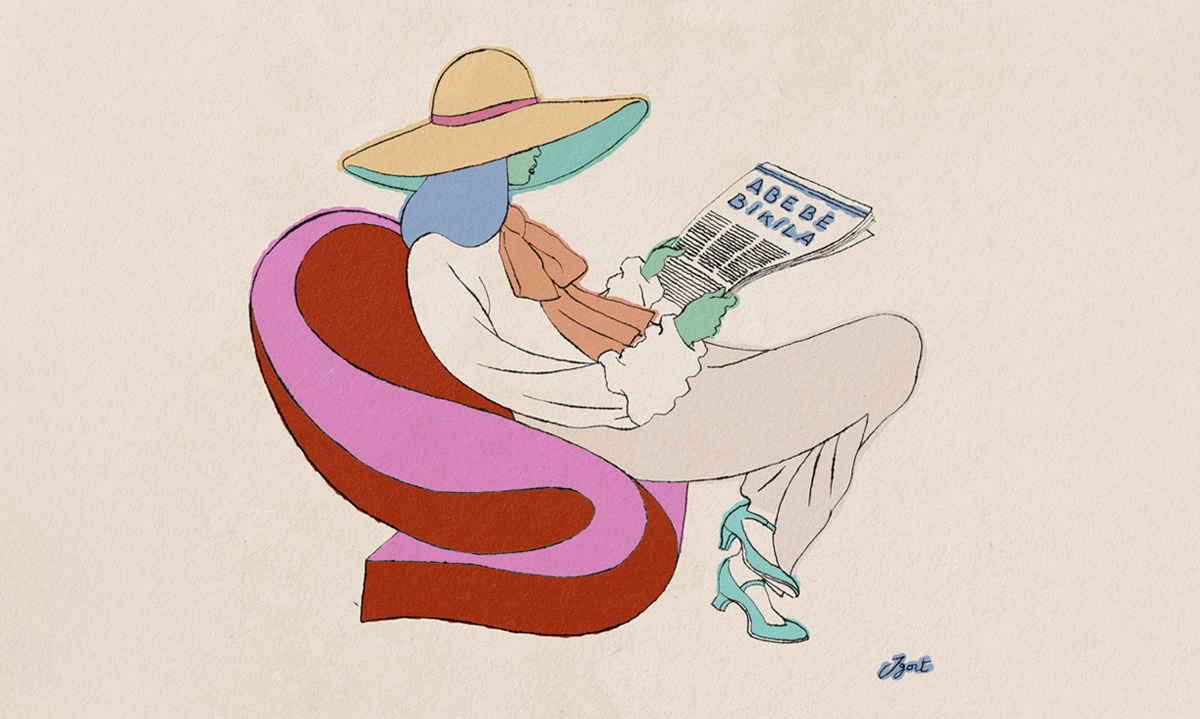Release of the 2021 Circular Economy Report

The Circular Economy Network (CEN) has published the 2021 Report on the Circular Economy in Italy. The third edition of the report, drawn up in collaboration with ENEA (the Italian National Agency for New Technologies, Energy and Sustainable Economic Development), was presented on March 23rd at the National Conference on Circular Economy. The report assesses Italy's progress in a quantitative and qualitative manner with reference to the adoption of a circular economy, the achievement of carbon neutrality and the state of pollution of land and seas in general.
Burgo Group shares the goal of the transition towards an economy that seriously takes into account the respect for the environment in which it operates. For the third consecutive year, Burgo Group is in fact proud to be one of the main promoters of the initiative.
The Circular Economy Network (CEN) is a network created in 2018 by Fondazione per lo SviluppoSostenibile (Sustainable Development Foundation) with the aim of fostering circular economy in Italy. The main activities of CEN are: the promotion of studies in this field, the identification of circularity indicators, the analysis of the critical issues that hinder the transition, the development of strategies to be proposed to policy makers, and finally the encouragement of good circular practices.
Since the launch of the network, the Sustainable Development Foundation has been supported by a group of promoters, consisting of companies and organizations with a prominent role on the national territory. From 2018 to the present days, Burgo Group is pleased to be among the supporters of the project.
Circular economy and climate transition
The circular economy aims to be a valid option to manage the climate crisis we are experiencing. In the new Circular Economy Action Plan, the European Union affirmed the importance of a circular and regenerative economy in order to achieve climate neutrality by 2050.
According to the Circular Gap Report 2021, globally doubling the current rate of circularity would cut greenhouse gas emissions by 22.8 billion tons.
The European Parliament was the first to proceed with an ad hoc legislation on climate transition that focuses not only on the problem of waste management, but also on the use of natural resources and the reduction of waste.
As far as Italy is concerned, great importance is conferred to the Piano Nazionale Ripresa e Resilienza (PNRR, the National Recovery and Resilience Plan) which states that as much as 37% of its total funds must be allocated to the "green revolution" processes.
2021 Report on the Circular Economy in Italy
The 2021 report focuses on the reduction of greenhouse gases and the consumption of resources, in three sectors worldwide: housing, food and mobility.
The report also evaluates the circularity performance of the four countries that are the most advanced in regards to this aspect: Italy, Germany, France and Poland. Italy confirms its leadership again with its overall performance, but has lost one percentage point compared to the previous year, while France and Germany have respectively gained 2 and 4 percentage points.
To confirm itself as the country leading Europe towards circular economy also in the years to come, Italy will necessarily have to implement concrete actions, especially in two specific areas: raw materials and energy consumption; patents and investments in recycling, repair and reuse.
The report concludes with a series of proposals to encourage the transition to a "cleaner" economy.
Some of these proposals are:
- the circular design of products and production processes
- the measurement of synergies between circular economy and climate change mitigation
the introduction of a minimum amount of recycled material in the production of specific products.
Burgo Group Commitment
For years now Burgo Group has been promoting a sustainable economic model and has implemented practices to integrate the principles of the circular economy into its business activities: this is the case, for example, of the paper mills in Verzuolo and Avezzano.

The conversion of the Verzuolo plant to containerboard, completed in January 2020, demonstrates the Group's willingness to meet the challenge of the circular economy: lower consumption of virgin raw materials, the development of local waste recycling chains and the reduction of non-recyclable waste.
Burgo Group seeks to make use of ever greater quantities of recycled material and to improve the sustainability of its production cycles: in 2019, 69% of raw materials were obtained from renewable sources.
Waste disposal is another work area subject to the optimization process. Part of the Research & Development activities has been in fact dedicated to the development of strategies to reduce waste and to improve production yield with a lower environmental impact, also through the identification of raw materials that perform more efficiently in that sense.
As a result of this ongoing commitment, Burgo Group has been able to reduce its production of waste year after year:in the four-year period 2016-2019a reduction of 40%was registered.

